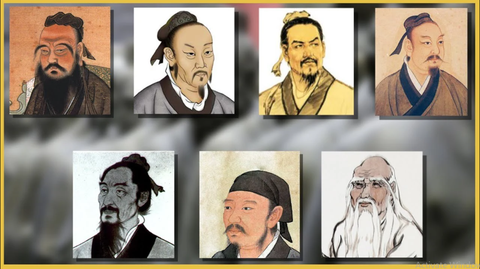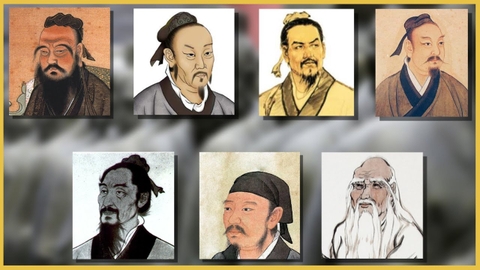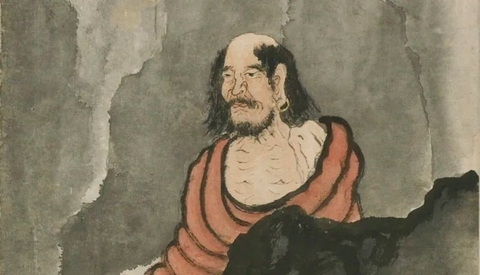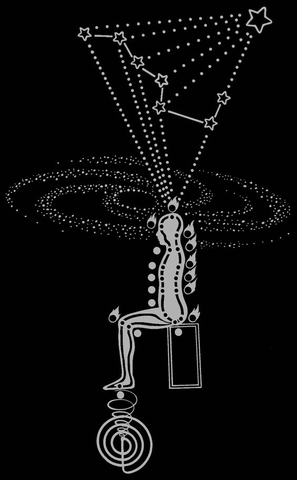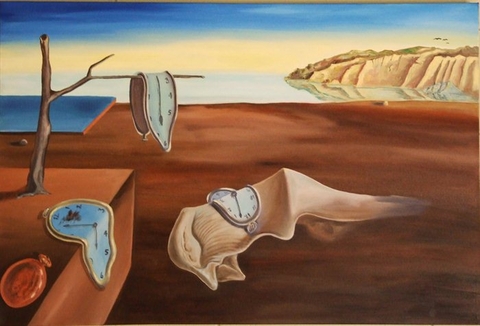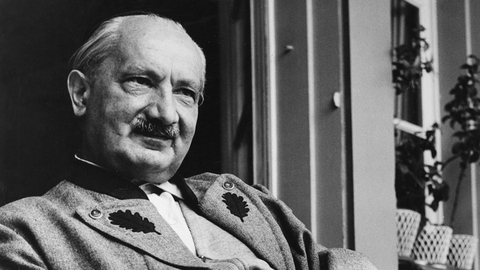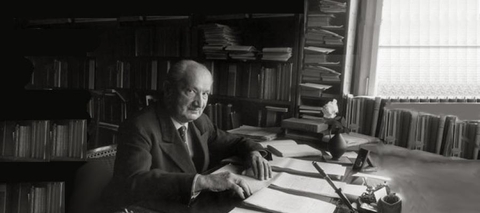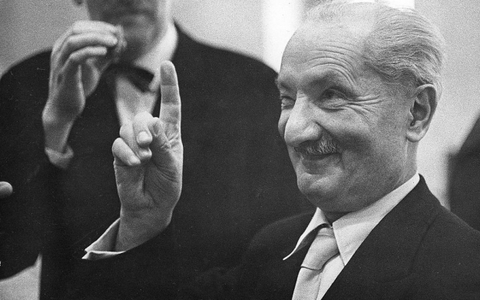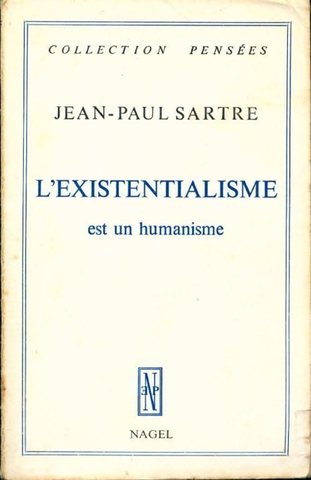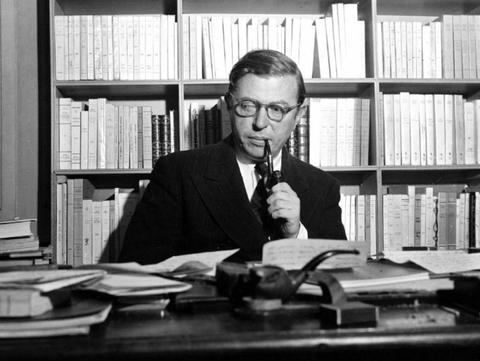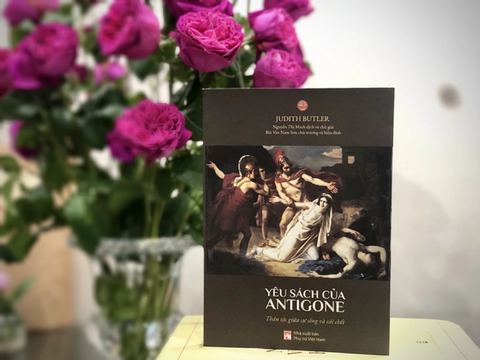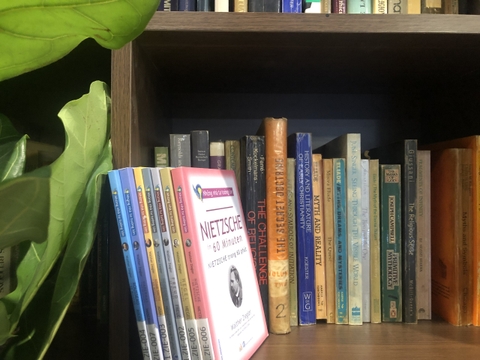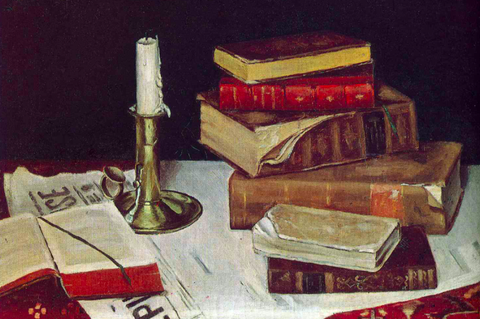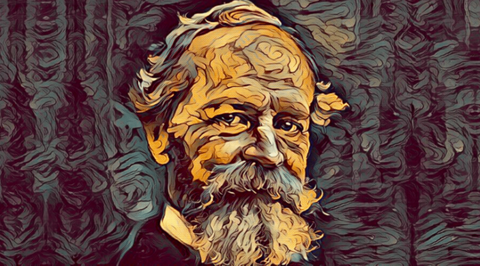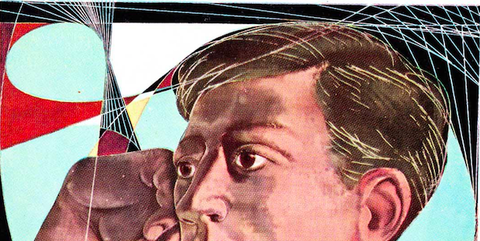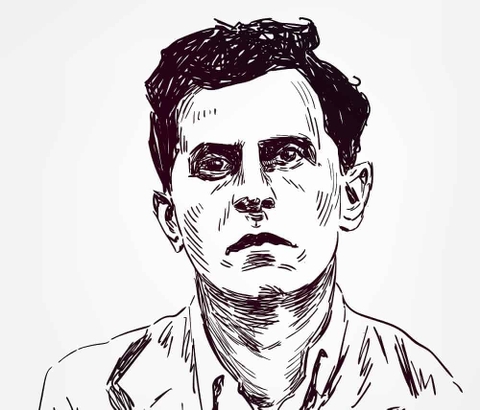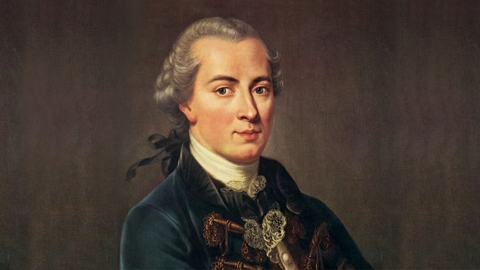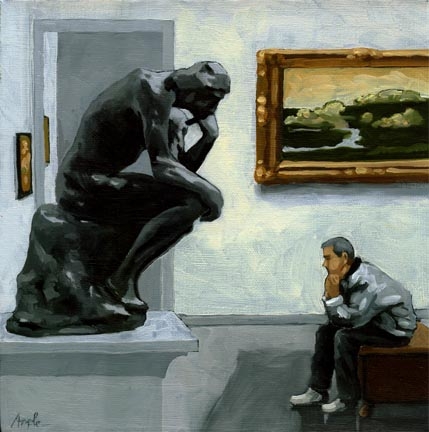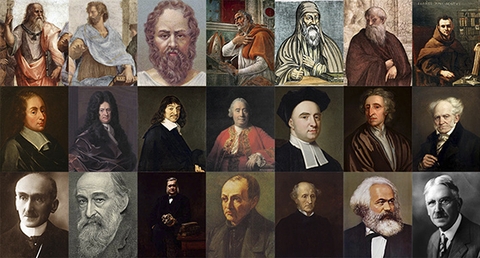
A great German philosopher, perhaps the greatest philosophers of 20th century, Martin Heidegger, hold that man is a "being-towards-death" (Sein zum Tode). A man only lives a true life when he is conscious of his being on a journey back to his most original source - death. People don't tremble at the thought of the end of the world, except for the heroic heroes who proudly proclaim "Death comes to all men / Let me but leave a loyal heart shining in the pages of history” - Poetry of Wen Tian Xiang. Much of humanity's philosophy and religion stemmed from efforts to meet this ultimate challenge.

But is death really the end of everything? Ashes to Ashes, Dust to Dust? What have we known about death? According to Wittgenstein, a philosopher as great as Heidegger, "death" is not an event in life, not a part of "living," so we can't help taking it as something incomprehensible. The author Rodney Smith, a Buddhist practitioner who practiced for many years in Thailand and Myanmar, provides an interesting insight based on his experiences with the dying in hospitals. He strongly criticized the attitude, mainly of Westerners, when they are too fetish for life and terrified of death, taking it as a destructive force that robs the best things. When we are afraid of death, we close the door ourselves to new experiences that intertwines with life and death. The Eastern mind, which has long been maintained in Hinduism, Buddhism, Confucianism, and Taoism, has always maintained a peaceful and peaceful attitude in the face of death. For a long time the Eastern mind, nurtured mainly in Hinduism, Buddhism, Confucianism, and Taoism, has always maintained a calm, peaceful attitude before death. Westerners, under the influence of Christianity, view life as unique, completely separate from the darkness of Death. Jesus Christ is honored for his victory over the lord of the hell. In the thinking of most Asian religions, both "dead" and "alive" are only two sides of the same living, ever-moving reality. “Start” or “end” are only approximate. The most important attitude of mind is the attitude of letting go. Just the word "equanimity" in the four words “loving-kindness, compassion, empathetic joy, and equanimity," is enough to summarize the essential spirit of Buddhism. "Equanimity" (in Sanskrit, upeksha) is translated very accurately as "equanimity" (calmness, peace of mind), expressing an attitude of openness to all forms of "reality," free from entanglement, anger, greed, or affliction when “reality” changes. Death is also one of the "faces" of human "reality" that we need to recognize in an inseparable relationship with present life. Death is not the ultimate end. Perhaps it's the beginning of a never-before-seen experience.

But that is not the most important message that Rodney Smith wants to send to readers. A person with strong religious beliefs (a Buddhist or a Christian, or a devotee of Allah) is not obsessed with death. Non-religious people (like most scientists) take death as the end of a natural biological process. But neither of these groups of people see contemplating the meaning of death as opening the door to a truly fulfilling life. Living, existing, for many people is anxiety, affliction, regret. Worried about the uncertain future, they have to collect and store a lot of wealth. They greedily enjoy and hunt for material pleasures as much as possible because death is the end when nothing is left. And that will inevitably lead to affliction because with boundless lust, how can we ever be satisfied? While lying on the hospital bed waiting for Death to come and take us to a strange land, people regret the countless sorrows and mistakes of the past. If only we could return? If only we weren't so absorbed in making money and forgot about the whole family? If only we had realized the true values in life sooner? According to Rodney Smith, it is death that is the great teacher to help us truly live better. Most of us never brood over this until it's too late.

The book is a philosophical treatise on death and life. It is really necessary for those who have been wandering in life and want to stop and reflect on the value of existence. As the Buddha replied to the murderer Angulimala who was pursuing him when he called out: "Stop, contemplative! Stop!": "I have stopped, Angulimala. You stop.” Sometimes we need to stop in the flow of life to ask ourselves the question: “Where are we going? Can we stop it yet?”
Dr. Dương Ngọc Dũng - Managing Director of Ex Libris Hermes





